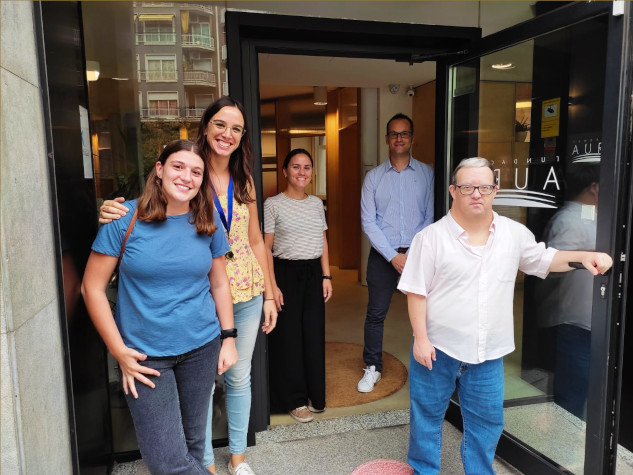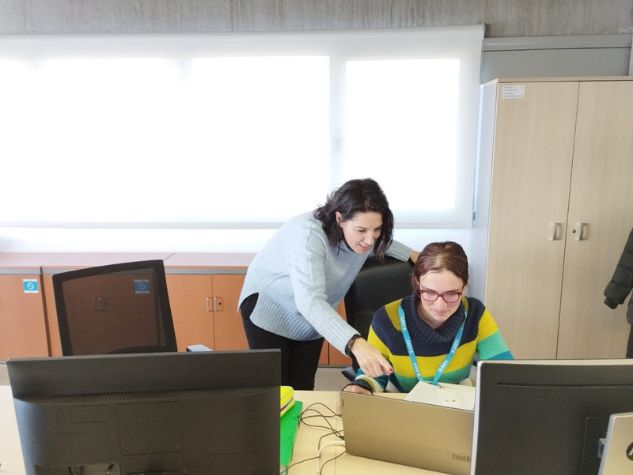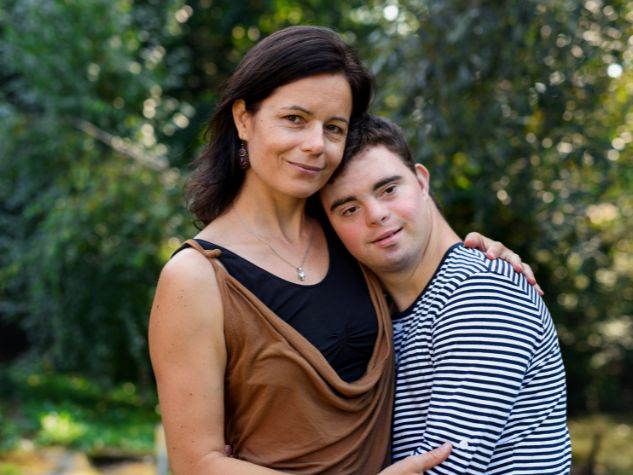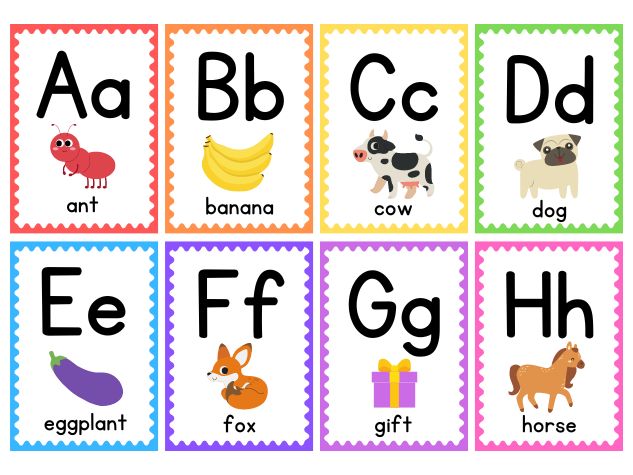The Impact of Hiring People with Down Syndrome: An Analysis Through GRI Standards
Inclusive hiring is fundamental to building more equitable and just societies. In this context, the hiring of people with Down syndrome emerges as a clear example of how organizations can promote diversity and inclusion in the workplace. In this article, we will explore how hiring people with Down syndrome aligns with the GRI (Global Reporting Initiative) standards, highlighting its importance and the benefits it brings to both companies and society at large.
1. Introduction to GRI and its Standards
GRI is an international organization that develops sustainability reporting standards used by companies and organizations worldwide. These standards provide a framework for measuring and reporting performance in key areas of sustainability, including economic, environmental, and social aspects. Through the implementation of GRI standards, organizations can enhance transparency, accountability, and informed decision-making.
2. The Importance of Inclusive Hiring
Inclusive hiring refers to the practice of recruiting, employing, and supporting individuals from diverse backgrounds and abilities. Hiring people with Down syndrome is a prominent example of this approach, as it offers meaningful employment opportunities to individuals with intellectual disabilities and contributes to the creation of more diverse and welcoming work environments.
3. Relevance of GRI Standards in Hiring People with Down Syndrome
GRI 103: Management Approach: This standard addresses how organizations manage and address material sustainability issues. Hiring people with Down syndrome could be considered as part of diversity and inclusion management in the workforce.
GRI 405: Diversity and Equal Opportunities: This standard specifically refers to diversity in the workplace, including equal employment opportunities. Hiring people with disabilities, including Down syndrome, contributes to diversity and may meet the requirements of this standard.
GRI 406: Employment: This standard focuses on fair labor practices and promoting diversity and equal opportunities in employment. Hiring people with Down syndrome can be a practice that complies with the principles of this standard.
4. Benefits of Hiring People with Down Syndrome
Hiring people with Down syndrome not only complies with GRI standards in terms of diversity and inclusion but also offers a range of tangible benefits for businesses and society at large. These benefits include:
- Diversity of Thought: People with Down syndrome bring a unique and valuable perspective to the workplace, which can stimulate creativity and innovation.
- Improvement of Workplace Climate: The inclusion of people with Down syndrome promotes a more positive and supportive organizational culture, which can increase employee morale and satisfaction.
- Loyalty and Commitment: Employees with Down syndrome are often highly loyal and committed to their employers, which can reduce turnover and improve talent retention.
5. Challenges and Considerations
While hiring people with Down syndrome offers a variety of benefits, it also presents unique challenges that organizations must address. These may include the need for workplace accommodations, specialized training, and ongoing support to ensure the success and inclusion of employees with Down syndrome.
In summary, hiring people with Down syndrome is a powerful example of how companies can meet GRI standards regarding diversity and inclusion. By offering meaningful employment opportunities to individuals with intellectual disabilities, organizations not only promote equity and social justice but also reap a range of tangible benefits for their operations and reputation. Ultimately, inclusive hiring is not only an ethical responsibility but also a strategic decision that can drive the long-term success of companies and contribute to the construction of more inclusive and equitable societies.

















